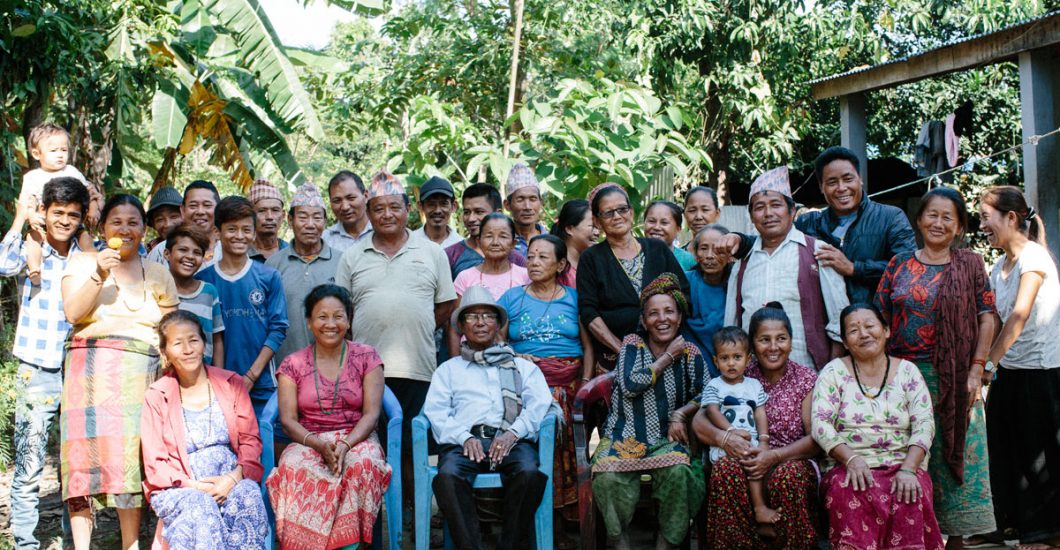What we do
The Zero Exclusion programme aims to ensure that persons affected by leprosy can participate in their community and society at large.

Our focus
Receiving correct information on leprosy is a basis to address stigma within a community. Persons affected by leprosy need to be supported at individual level and informed on their rights. Those affected are the best spokespeople to stand up for their own rights and serve as positive role models for their peers.
Peer support is important and therefore we bring together persons in self-help groups and associations and strengthen them to speak out and voice their specific concerns and needs to authorities and service providers. In some cases persons affected by leprosy are included in organisations of persons with a disability and are able to strengthen even more their voice, improve their inclusion in society and the realisation of their rights.
Our activities may be realized at very local level, in villages, where access to health or educational services is improved or at provincial level when persons affected are considered eligible to receive social welfare or access to labour or economic programs. But also at (inter)national level we are able to lobby for an inclusive political agenda. International treaties ratified by many countries such as the UN convention on the Rights of Persons with Disabilities and the UN principles for Elimination of Discrimination against Persons affected by Leprosy and their Family Members are used as entry points for this lobby. The UN Special Rapporteur for Elimination of discrimination against persons affected by leprosy plays an essential role. Often we join forces with other ILEP organisations and the broader International Disability Movement, as this strengthens the message. Data collection and stories from persons affected substantiate the lobby messages.
Livelihood remains an essential issue for most persons affected. Therefore we try to improve their economic situation. Farmers with a disability are included in livelihood programs thus receiving specific support to increase their production. Self help groups set up rotating credit-schemes to support their members. Some of the groups or associations are supported to start income generating activities or setting up small businesses. Activities can vary from running a shop, selling bio-jewelry to breeding goats or chickens.
At community level, we developed an approach called the Disability Inclusive Community Model. To ensure local ownership we work with local self help groups or local organisations of persons with a disability that include persons affected by leprosy. They address specific local issues that hinder their full and effective participation in society on an equal basis with others, making use of some of the above mentioned interventions. Believes and behaviours of community members are addressed, local government is convinced that inclusive policies (and buildings) are essential to reach all community members and last but not least the persons affected feel as and are considered to be fully participating and contributing community members.